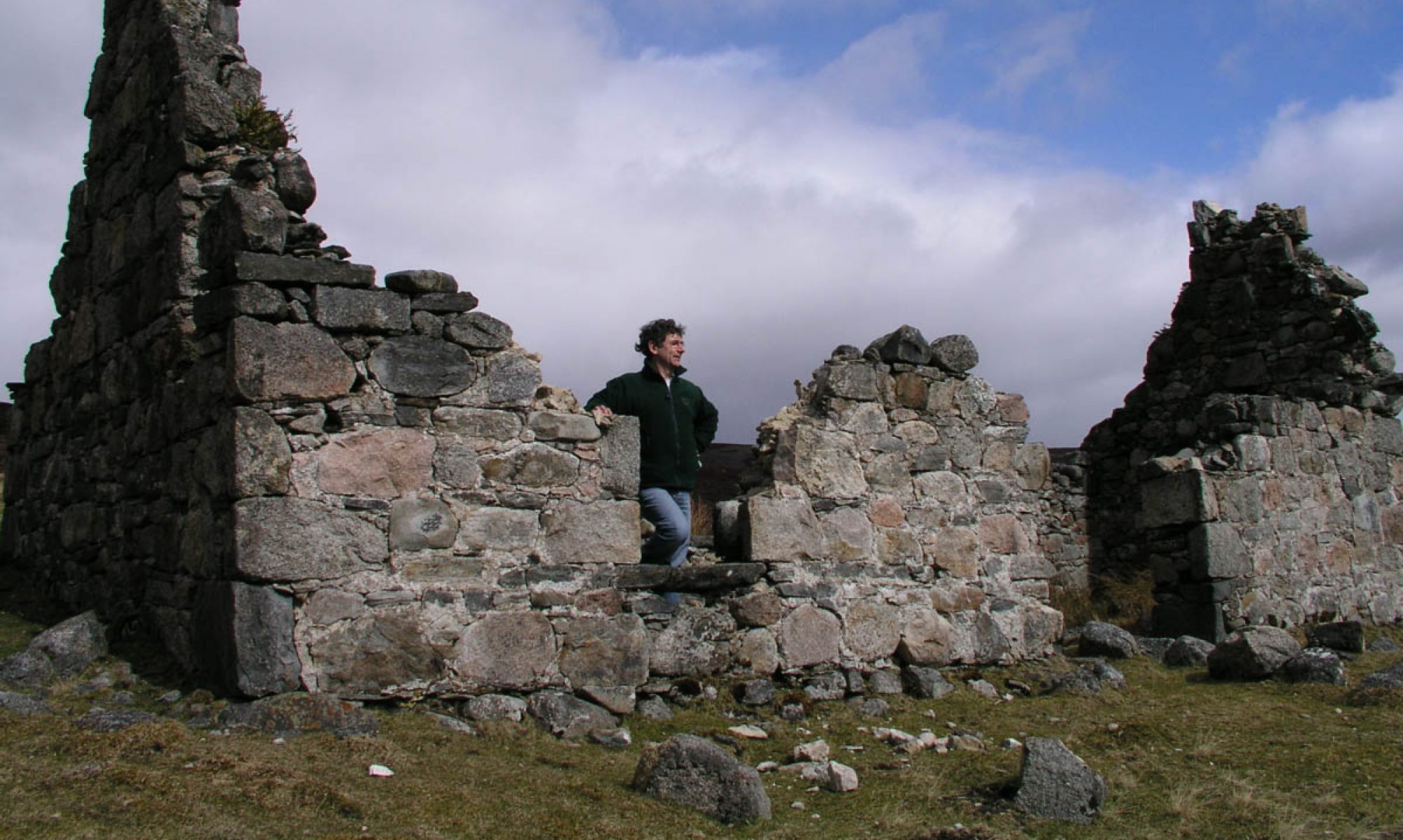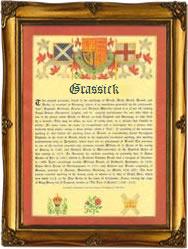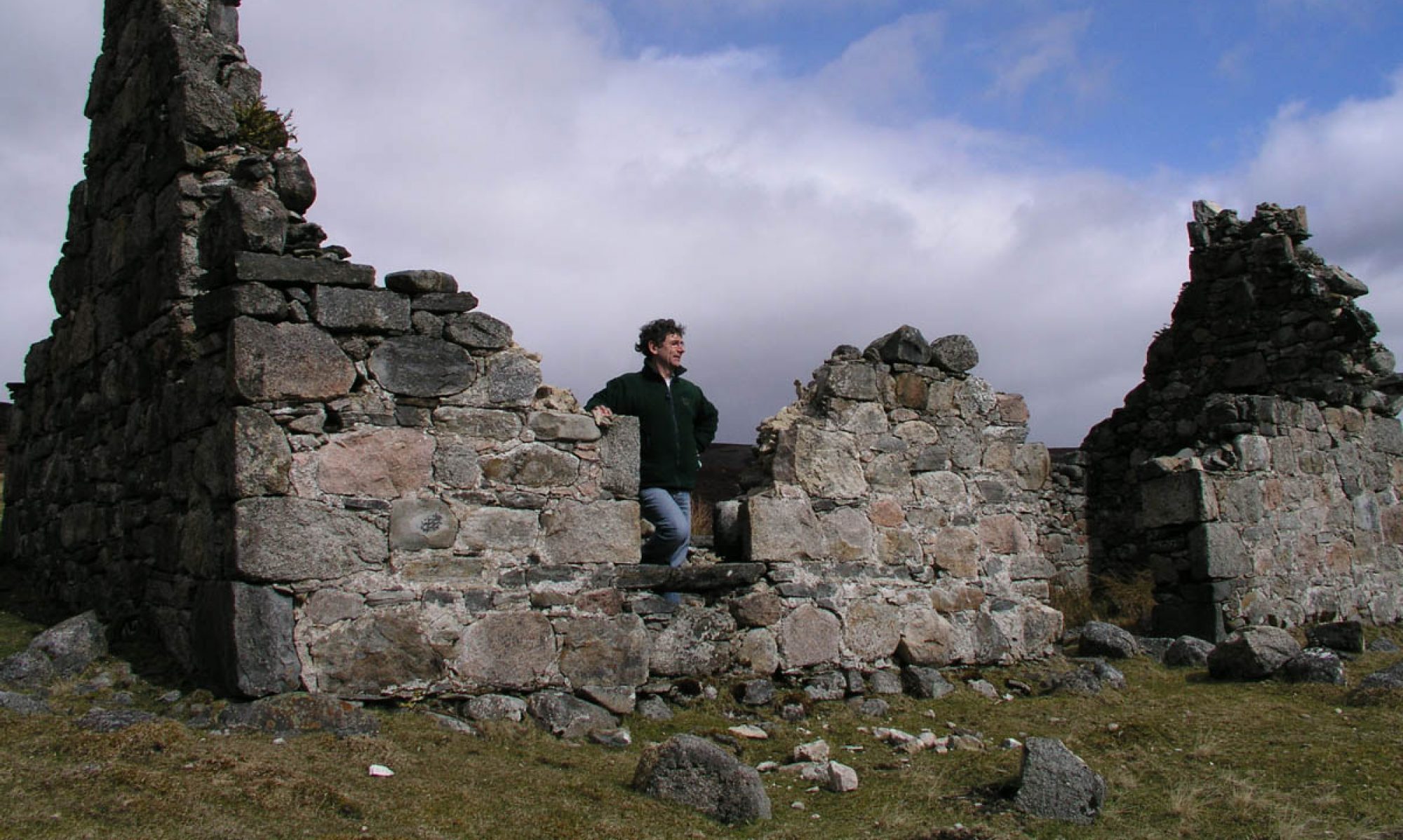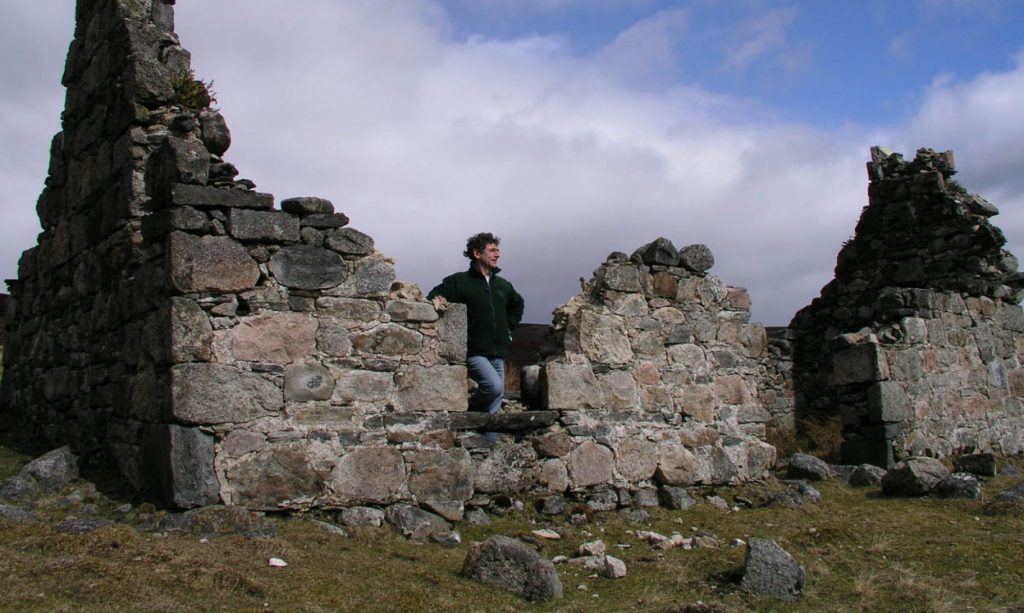Well this is interesting. For a long time now, I’ve been skeptical about the voracity of the Government Expenditure and Revenue Scotland figures, despite the Scottish government’s own adherence to them. Scotland’s supposed deficit was a major issue during the 2014 independence referendum, and continues to be a major driver in “Scotland is too poor” narrative today.
Back in 2017, the fullfact.org fact-checking site produced a short, concise, statement that Scotland’s deficit was “three times that of the UK as a whole”. It noted that:
The deficit in Scotland was 8% including the North Sea, and excluding it was 9%. This compares to a deficit of 2.3% for the UK as a whole….In monetary terms Scotland had a deficit of around £13 billion in 2016/17. That’s whether or not revenue and spending from the North Sea is included. The UK deficit was larger, at £46 billion.
In other words (and this was not considered by fullfact.org at the time), Scotland (population 5 million) “owned” 28% of the total UK (population 67 million) deficit. These figures apply to 2016/17, and clearly suggested that a small country like Scotland producing such a huge share of the UK deficit was an economic basket case. So much so, that you would think that perhaps there would be more anecdotal evidence around.
But hey, some people (including the Scottish government) accepted that the figures were a reasonable description of Scotland’s economic well-being or otherwise. Jump forward a few years to the latest figures for 2018/19, and it seems Scotland’s economy has all but collapsed:
Scotland’s Deficit excluding North Sea oil: £14billion
UK Deficit: £23.5billion
In other words, wee Scotland managed to produce 60% of the UK’s deficit in 2018/19. Even when oil is included, the figure is 54%. The claim was ripped apart when the figures were released, by Richard Murphy. He pointed to three failures in the GERS’s methodology:
- The way financial services extracts value from the UK and allocates it to London.
- The massive wealth inequalities between UK regions, generating unequal incomes.
- The methodology’s failings regarding corporate profit allocation.
Now a new study of the GERS methodology has been published, focusing on the way in which the funding of the interest on the UK’s debt has been allocated, and accumulated, by the GERS methodology. Scotland the Brief is produced by Business in Scotland, the pro-indy business organisation. In it, it demonstrates how what would have been a massive surplus in an independent Scotland has been used to fund the UK’s burgeoning deficit. Here’s a talk that explains much of the content:

 This is a rare surname of Gaelic – Scottish origins. It derives from the word “griasaich” and can have several meanings including embroiderer, decorator and more latterly, shoe or hose maker. The surname is unusual in that it is occupational when most Gaelic names were patronymics, and based upon nicknames for the original chief of the clan. It is said that Grassick is most popular in the far north and specifically Aberdeenshire, where the pronunciation is as Gracey! As a result that there are spellings as Grassie and Grass, and indeed these seem to predate the actual Grassick recordings with that of John Grasse of Kirktoun of Crathe appearing in the tenants list in 1539. However it is more likely that earlier registers have gone missing, since the keeping of such items in the past was not given any great consideration. Other early examples of recordings include Donald Graycht at Lochalsh in 1548, Elspet Grassiche of Tullochaspak in 1612, and David Grassiche of Kepache. He was a bit of a lad who was accused of “violence” in 1617, although his fate is not known. Another to fall foul of the authorities was Alexander Gresiech of Towie in 1669. He was accused of curing cattle by charming them!
This is a rare surname of Gaelic – Scottish origins. It derives from the word “griasaich” and can have several meanings including embroiderer, decorator and more latterly, shoe or hose maker. The surname is unusual in that it is occupational when most Gaelic names were patronymics, and based upon nicknames for the original chief of the clan. It is said that Grassick is most popular in the far north and specifically Aberdeenshire, where the pronunciation is as Gracey! As a result that there are spellings as Grassie and Grass, and indeed these seem to predate the actual Grassick recordings with that of John Grasse of Kirktoun of Crathe appearing in the tenants list in 1539. However it is more likely that earlier registers have gone missing, since the keeping of such items in the past was not given any great consideration. Other early examples of recordings include Donald Graycht at Lochalsh in 1548, Elspet Grassiche of Tullochaspak in 1612, and David Grassiche of Kepache. He was a bit of a lad who was accused of “violence” in 1617, although his fate is not known. Another to fall foul of the authorities was Alexander Gresiech of Towie in 1669. He was accused of curing cattle by charming them!
